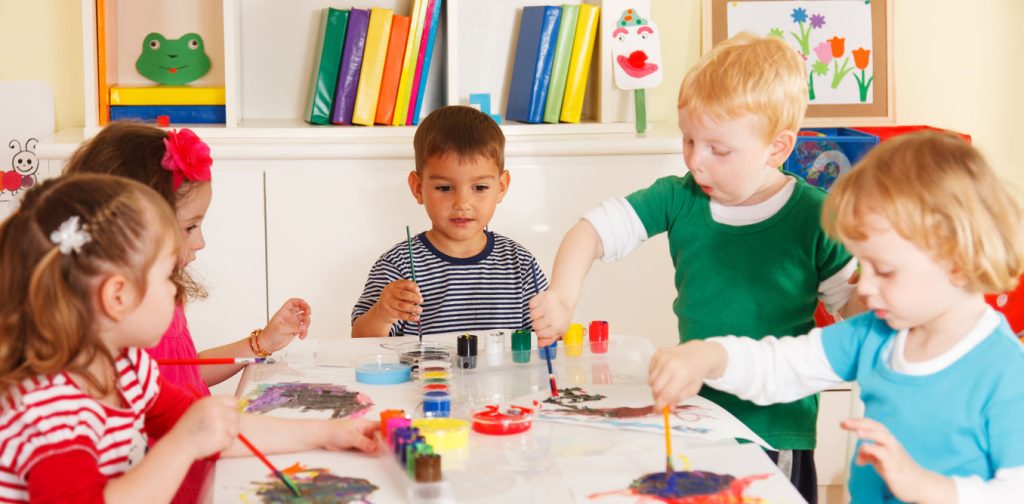Delving into the emotional and social development of children residing in Australia and India unveils distinct systems of support, shedding light on essential differences in nurturing young minds.
In Australia, children are enveloped in a comprehensive support network designed to cater to their holistic development. Access to quality healthcare services ensures physical well-being, while robust educational frameworks prioritize emotional intelligence alongside academic excellence. Early childhood education programs are meticulously crafted to foster social skills, empathy, and self-awareness, laying a robust foundation for lifelong emotional resilience.


Conversely, in India, the landscape of child welfare reflects a blend of progress and persistent challenges. While urban centers often offer adequate resources, rural areas grapple with limited access to healthcare and education, impeding emotional growth. However, initiatives such as the Integrated Child Development Services (ICDS) scheme endeavor to bridge these gaps, providing essential nutrition, healthcare, and early education to vulnerable children.
Both nations acknowledge the paramount importance of nurturing children’s emotional well-being. Australia’s well-established support infrastructure, characterized by accessible healthcare and tailored educational programs, exemplifies a model aimed at nurturing emotionally resilient individuals. Meanwhile, India’s efforts to enhance accessibility and quality of services through initiatives like the ICDS scheme underscore a commitment to ensuring every child’s emotional and social development.
#ChildDevelopment #EmotionalResilience #Australia #India #EarlyChildhoodEducation #SupportSystems #ICDS



